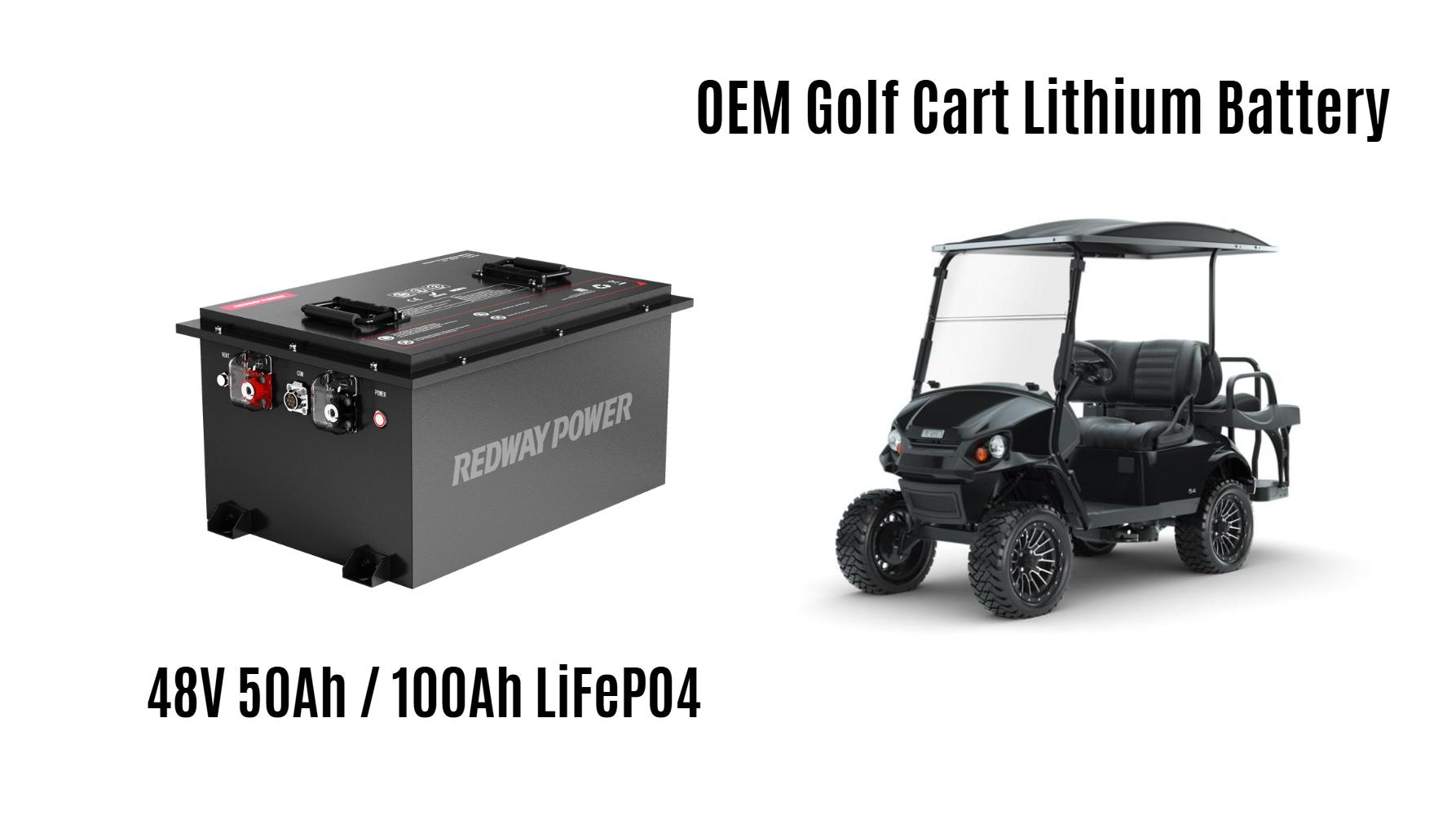EZ-GO golf carts are renowned for their durability, innovation, and versatility. Established in 1954, they offer electric and gas-powered models tailored for golf courses, resorts, and personal use. Key features include ergonomic design, eco-friendly battery options, and customizable accessories. Their reputation for reliability and low maintenance makes them a top choice globally.
How Has EZ-GO Evolved Over the Years?
EZ-GO began as a subsidiary of Textron, focusing on electric vehicles for golf courses. Over decades, it introduced breakthroughs like regenerative braking, lithium-ion batteries, and street-legal models. Recent advancements include IoT integration for battery monitoring and GPS-enabled fleet management, solidifying its position as an industry innovator.
What Are the Key Differences Between EZ-GO Models?
EZ-GO’s lineup includes the Freedom RXV (electric), Express S4 (gas), and Liberty ELiTE (street-legal). The RXV excels in energy efficiency, while the S4 offers higher torque for hilly terrain. The Liberty ELiTE features LED lights, seatbelts, and DOT-approved tires. Battery life ranges from 40-60 miles per charge, depending on the model.
Why Choose Electric Over Gas-Powered EZ-GO Carts?
Electric models reduce noise pollution, cut operational costs by 70%, and require less maintenance. They produce zero emissions, aligning with sustainability goals. Gas-powered carts, while faster to refuel, have higher fuel costs and emit greenhouse gases. For eco-conscious buyers or indoor facilities, electric variants are ideal.
How Does EZ-GO Ensure Long-Term Durability?
EZ-GO uses aircraft-grade aluminum frames and IP-rated waterproof components. Their batteries feature thermal management systems to prevent overheating. Annual maintenance packages include motor inspections, brake adjustments, and software updates. Stress-tested suspensions and corrosion-resistant coatings ensure performance in extreme weather.
Can EZ-GO Carts Be Customized for Non-Golf Uses?
Yes. Popular modifications include cargo beds for landscaping, rear seats for shuttle services, and snowplow attachments. Custom wraps, premium stereo systems, and lift kits (up to 6″) are available. EZ-GO’s “Build Yours” portal lets users configure carts for farming, hospitality, or neighborhood commuting.
What Technological Innovations Define Modern EZ-GO Carts?
2023 models feature AI-driven predictive maintenance, collision avoidance sensors, and smartphone app integration. The “Smart Charge” system optimizes battery cycles, extending lifespan by 30%. Fleet managers can track carts in real-time via cloud dashboards, monitoring speed, battery levels, and usage patterns.
Are EZ-GO Carts Suitable for Commercial Use?
Absolutely. Resorts like Disney World use EZ-GO for guest transportation due to their reliability. The Fleet Connect system allows centralized control of up to 100 carts, scheduling maintenance and optimizing routes. Commercial warranties cover 5 years for frames and 3 years for electronics.
Expert Views
“EZ-GO’s shift to lithium-ion tech revolutionized the industry,” says John Carter, Senior Engineer at Redway. “Their modular design allows easy upgrades—swap a battery or controller without replacing the entire cart. For businesses, the ROI is clear: a 40% reduction in downtime compared to competitors.”
Conclusion
EZ-GO golf carts blend heritage with cutting-edge tech, offering adaptable solutions for golf, commerce, and recreation. Their commitment to sustainability and customization ensures they remain a market leader. Whether for personal use or large-scale operations, EZ-GO delivers unmatched reliability and innovation.
FAQs
How Long Do EZ-GO Batteries Last?
Lead-acid batteries last 4-6 years; lithium-ion variants last 8-10 years. Regular maintenance and proper charging habits extend lifespan.
Can I Legally Drive an EZ-GO Cart on Roads?
Only street-legal models like the Liberty ELiTE comply with DOT regulations. Check local laws for lighting, seatbelt, and speed requirements.
What’s the Cost of an EZ-GO Golf Cart?
Prices range from $6,000 (basic electric) to $15,000 (commercial gas-powered). Customizations add $1,000-$5,000 depending on features.




